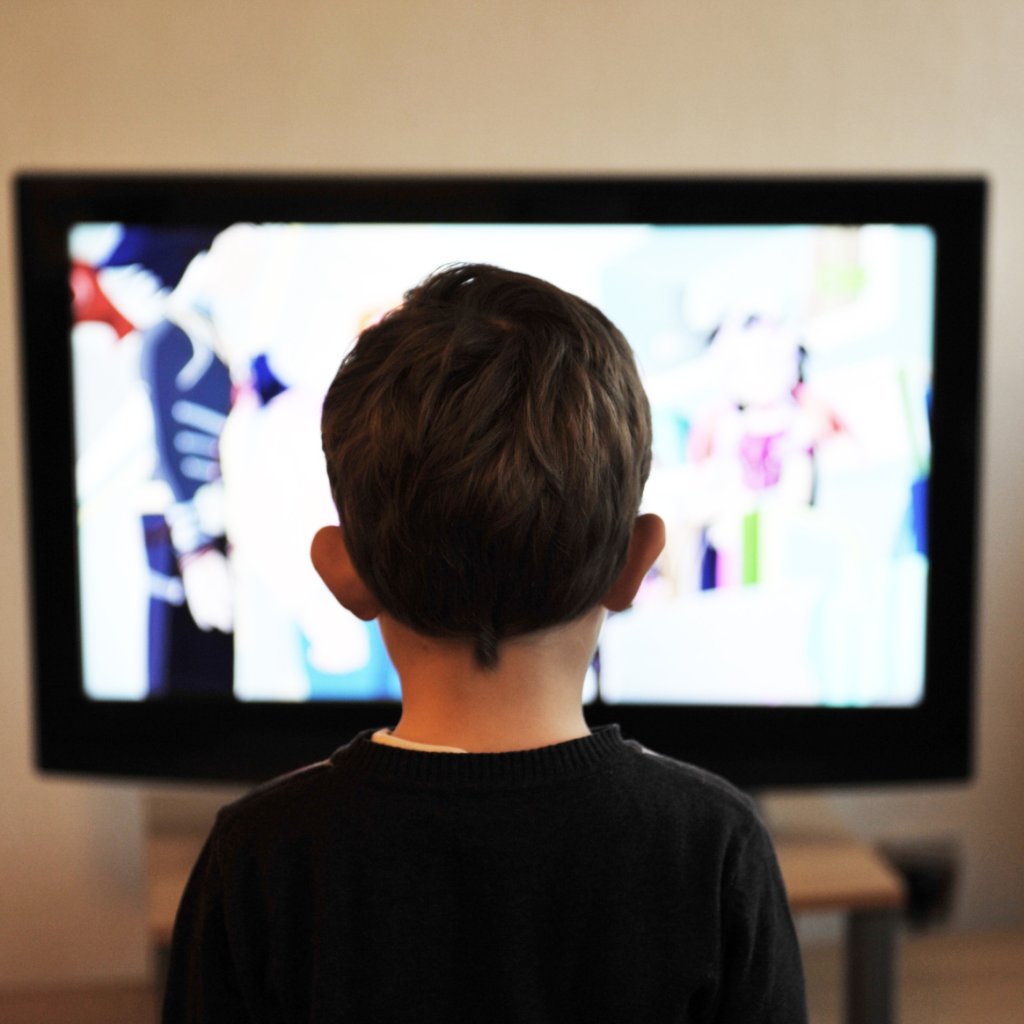Your Eyes: Fact or Fiction?

Your parents or teachers have most likely told you to not sit too close to the TV, play video games in the dark, or stare at the sun. But what is fact and what is fiction when it comes to your eyes and eye health?
Staring at the sun will damage your eyes
Fact — Looking directly at the sun for prolonged periods of time will cause damage to your eyes. In short, you are exposing your eyes to harmful UV rays. Overexposure to UV rays can cause blindness and has been linked to eye disorders such as macular degeneration, photokeratitis, cataracts, and other eye-related cancers.
Read more about the damages of UV rays — Protecting Your Eyes from UV Rays
Sitting too close to the TV will hurt your eyes
Fiction — There is no scientific evidence proving that sitting too close to the TV will hurt your eyes. However, if you find yourself or your child leaning closer to “see” the TV, it may be time to get your eyes and prescription checked. This may be a sign of nearsightedness.
If you cross your eyes for too long, they will stay crossed
Fiction – Crossing your eyes for too long may cause a headache or discomfort, but your eyes won’t stay permanently crossed. Although it may not cause any damage, we don’t recommend crossing your eyes for long periods of time.
Reading in dim light will cause damage to your eyes
Fiction — When reading in dim light, you may find yourself straining to focus or make out the words on the page. Although this may make you more tired, reading in dim light does not cause permanent damage.
Consuming artificial sweeteners makes you more sensitive to light
Fact — Surprisingly, this is true. Artificial sweeteners such as cyclamates have been proven to cause your eyes to become more sensitive to light. Diuretics, antibiotics, blood pressure drugs, oral contraceptives, and diabetes drugs may also have this effect on your eyes.
Those with light-colored eyes are more sensitive to light
Fact — The density of pigment in light-colored eyes is less than in dark-colored eyes. Those with blue or grey eyes tend to be more sensitive to light than those with brown eyes. When light hits a dark-colored eye, the higher density of pigment blocks the light rays, similarly to how sunglasses block light. When light hits a lighter-colored eye, more light is transmitted through to the back of the eye resulting in more light sensitivity.
Visiting your eye doctor regularly is a great preventative measure
Fact — Routine visits to your eye care professional will keep track of your eye health and bring attention to any concerns or discomfort. When speaking with your doctor, make sure to mention your family’s and personal medical history, amount of screen time, workplace, and hobbies to narrow down the discomfort or possible changes in vision. Your doctor may recommend other tips and practices to help with eye strain, safety, and overall eye health. Our trained staff will work with you to diagnose any vision problems and suggest the best treatment options and corrective and protective measures for your eyes. Schedule an appointment or visit us today!
